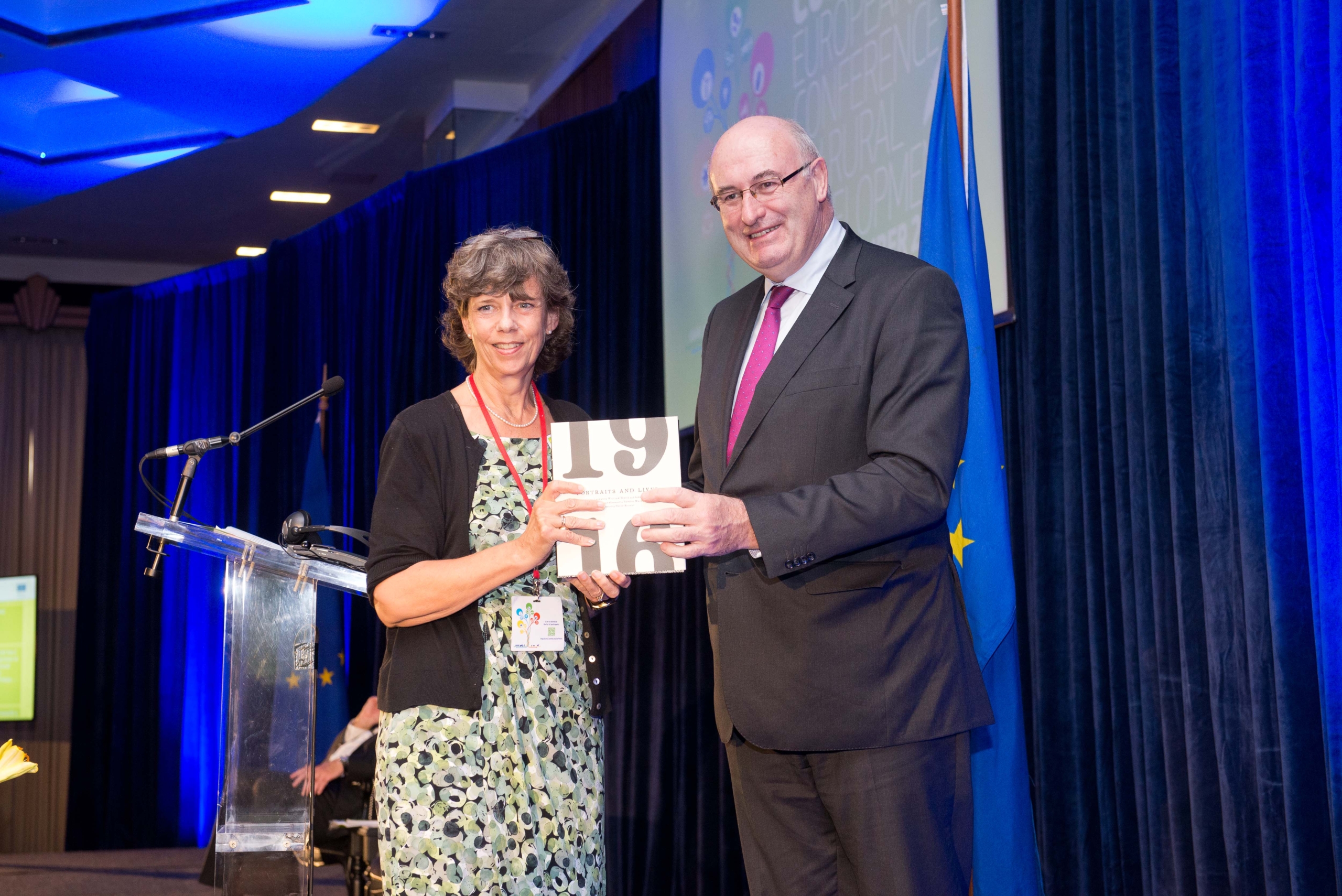“The Innovation One” – A better life in rural areas
25/10/2016

Love it or loathe it, the EU has had a profound effect on the lives and livelihoods of all its citizens. One such area is in agricultural policy, which looks to balance the needs of the people, with those of the land that provides. Back in 1996, the Cork Declaration on Rural Development was signed, looking at the influence, importance and impact that the countryside has had on Europe in the past and looking ahead. It stressed the need for policy to be adaptable to new realities and challenges, and as such, a ten-point rural development programme was agreed upon that has driven rural policy in Europe over the past two decades, including funding measures to preserve and protect the environment, and others that help member states shift towards a low carbon economy in rural areas.
20 years on and in need of an update, and I was invited as UK expert to another EU conference in Cork. We were tasked with writing a new declaration for policy development and implementation for the next 20 years, in three days – no small feat!
300 delegates from across the EU attended. I chaired one of the four workshops – “The Innovation One” – which related to addressing farmers’ needs. Food safety, sustainability and environmental concern were some of the key areas of debate. We discussed how innovative approaches are required, as highlighted in a Dutch case study of a pepper farm that uses geothermal energy, resulting in a 90% reduction in CO2 emissions!
Significant changes have occurred over the past 20 years in how we use, live in, and value the countryside. As such, the shift of the declaration has changed; ‘A better life in rural areas’ is the new title, with a renewed focus on such issues as the need to ‘rural proof’ policies, the importance of ‘digitalisation’, the challenge of climate change, and the fact that the proportion of EU citizens in rural areas has increased since EU enlargement to 28 Member states.
In our workshop we highlighted the opportunities that present today, and we also addressed the barriers to success. And we came up with suggestions going forward, which centred on being more innovative, strategic, and flexible.
After three days of discussion, we drafted a new Declaration that was accepted in person by the EU Commissioner for Agriculture and Rural Development, Phil Hogan. It was an honour to be involved and help shape this new Declaration and our hope is that regardless of Britain’s status within Europe, the conclusions and recommendations reached will help realise the overarching aim of a better life for all in rural areas across Europe.
For more details and the Declaration in full, visit: http://ec.europa.eu/agriculture/events/rural-development-2016_en.htm
Categories & Tags:
Leave a comment on this post:
You might also like…
From classroom to cockpit: What’s next after Cranfield
The Air Transport Management MSc isn’t just about learning theory — it’s about preparing for a career in the aviation industry. Adit shares his dream job, insights from classmates, and advice for prospective students. ...
Setting up a shared group folder in a reference manager
Many of our students are now busy working on their group projects. One easy way to share references amongst a group is to set up group folders in a reference manager like Mendeley or Zotero. ...
Company codes – CUSIP, SEDOL, ISIN…. What do they mean and how can you use them in our Library resources?
As you use our many finance resources, you will probably notice unique company identifiers which may be codes or symbols. It is worth spending some time getting to know what these are and which resources ...
Supporting careers in defence through specialist education
As a materials engineer by background, I have always been drawn to fields where technical expertise directly shapes real‑world outcomes. Few sectors exemplify this better than defence. Engineering careers in defence sit at the ...
What being a woman in STEM means to me
STEM is both a way of thinking and a practical toolkit. It sharpens reasoning and equips us to turn ideas into solutions with measurable impact. For me, STEM has never been only about acquiring ...
A woman’s experience in environmental science within defence
When I stepped into the gates of the Defence Academy it was the 30th September 2019. I did not know at the time that this would be the beginning of a long journey as ...






